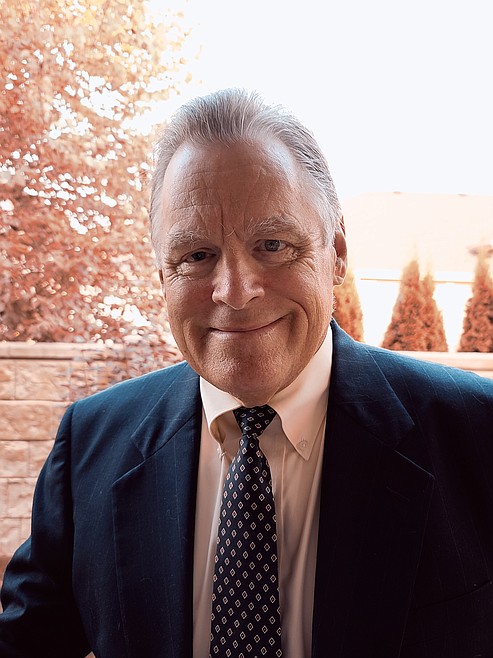The forgotten pandemic
Sunday is World Diabetes Day, but hold off on the celebration. It is not a day for parades, backyard cookouts or the kind of large family gatherings that go with holidays.
In fact, World Diabetes Day — created in 1991 — is not officially a holiday. It’s more of a somber reminder about a global health pandemic that has been around long before anyone heard of COVID-19. And unlike the coronavirus, diabetes doesn’t go away with a shot in the arm.
The numbers for diabetes are gruesome. More than 460 million people have diabetes worldwide and that number is expected to climb 570 million by 2030. In the United States, 34 million people have diabetes and 88 million have this ticking time bomb called “pre-diabetes,” which more often than not develops into the real thing.
November also is National (or American) Diabetes Month. The purpose is to raise awareness about what often is referred to as the “silent killer.” So, take this article as a dose of diabetes awareness from an old guy who has been through the ringer with this awful disease.
My story over the years includes a toe amputation, temporary blindness, kidney disease and heart bypass surgery. The most hurtful to my pride was losing my career at age 53. And at 71, I’m alive to tell all about it. I don’t know if it’s the grace of God, or dumb luck, but I’ll take it.
I am living proof that having diabetes is not all gloom and doom, or the equivalent of a death sentence. I play golf (walking the course), bowl in a senior league in Meridian and walk about five miles a day when I’m not doing those activities. My cardiologist thinks I’ll be around at least for another 10-15 years, which will put me somewhere around … never mind.
Others are not so lucky. People don’t die from diabetes specifically, but it’s the complications that can get you. The disease is a gateway to strokes, heart failure, kidney dialysis and amputations.
So, what does all this have to do with politics? More than you might imagine, but politicians can do little more than scratch the surface of what needs to be done.
Congress provides funding for the Centers for Disease Control and National Institutes of Health, two agencies that have been working to find a cure for diabetes. Although no cure has been found, there have been impressive gains in medications and management — enough to effectively reverse diabetes in some cases. Both houses of Congress also have bipartisan diabetes coalitions, but there’s only so much they can do in light of a soaring national debt and so much of the nation’s health focus on COVID-19.
The theme for this year’s World Diabetes Day is a good one: “Access to Diabetes Care — If Not Now, When?” One hundred years after insulin was discovered, millions of people throughout the world can’t get the stuff — or it’s simply unaffordable. Many oral medications are unavailable, or unaffordable. Even the cost of test strips for blood-sugar monitoring blood-sugar levels becomes a huge financial burden for a lot of families. Many people do not have access to diabetes education, or healthy food. For many others, the extent of exercise — a component for diabetes management — is confined to the lifting of a knife and fork.
Diabetes, in some ways, is more of a society problem than a political one. At many restaurants, single-serving sizes are large enough to feed the defensive line of the Pittsburgh Steelers, and people gobble up every bite like it’s their last meal.
It’s no wonder that obesity is on the rise throughout the United States. Food has become the new cigarettes of our time and, unfortunately, diabetes is well on track for becoming the “new” normal (Lord help us).
Things like World Diabetes Day, or National Diabetes Month, are easy to shrug off, but it’s no laughing matter. I can’t think of anything, short of a natural disaster or terrorist threat, that pose a greater threat to our health and safety than diabetes.
So, have a happy World Diabetes Day.
• • •
Chuck Malloy, a longtime Idaho journalist and Silver Valley native, is a columnist with Idaho Politics Weekly. He may be reached at ctmalloy@outlook.com.

